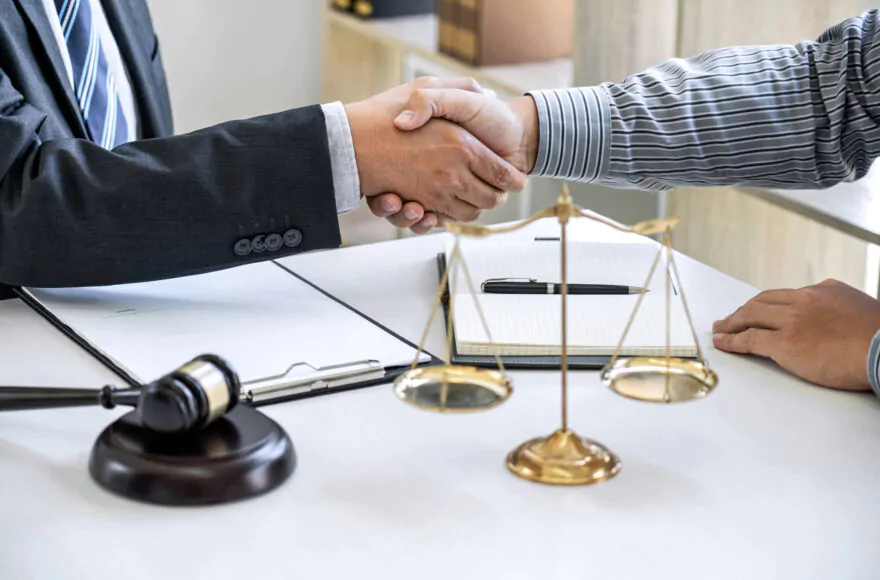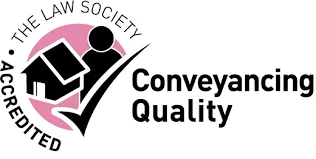If you take a lease of commercial premises it will usually be an ”FRI”, or full repairing and insuring lease.
It surprises many people to learn that a tenant entering into an FRI lease takes on complete responsibility for repairs, even though the tenant was not responsible for the disrepair, or the disrepair already existed when the lease was granted.
With this in mind, tenants should never sign a lease without advice as to whether it is appropriate, bearing in mind factors such as the length of the lease, the type and age of the property, the strength of the market and the negotiating positions of the landlord and tenant.
So if you are a prospective tenant, you should always see if you can limit the repairing liability. How can this be done?
First of all, you can have a buildings survey carried out to check if there are any existing or anticipated problems.
Having identified any problems you can then try and have these rectified by the landlord before the start of the lease. Alternatively, you can have the works costed, and obtain a rent-free period.
If defects are identified, but will not cause an immediate issue or lead to further deterioration, then these can be excluded from the tenant’s repairing liability by a “Schedule of Condition”. This is a photographic record of the condition at the start of the lease, enabling the tenant to return the premises in no worse state than as evidenced by the schedule.
If there is a service charge, try and cap the amount or exclude improvements, or payments into sinking funds especially with a short-term lease as money paid into a sinking fund cannot normally be reclaimed at the end of the lease.
You should also consider the wording of the lease to ensure no onerous words creep in, such as a requirement to rebuild’ or keep in ‘good condition’ and, for example, ensure that the lease provides that you are not liable for damage covered by an insured risk, or “inherent or latent defects”.
In appropriate cases, rather than accept an FRI lease, you can try and obtain a lease that has internal repairing liability only.
These are just some of the things you can do to try and avoid potentially extremely expensive liabilities for repairs to the landlord’s building.
[cta]For more information, visit our Business Landlord & Tenant page or contact Danii Jhurry-Wright directly:
- Direct telephone: 01243 813506
- email address: danii.jhurry-wright@georgeide.co.uk
Contact Our Friendly Legal Experts Today
For general enquiries or to discuss more specific needs in personal or commercial law please get in touch with a friendly member of our team today.












